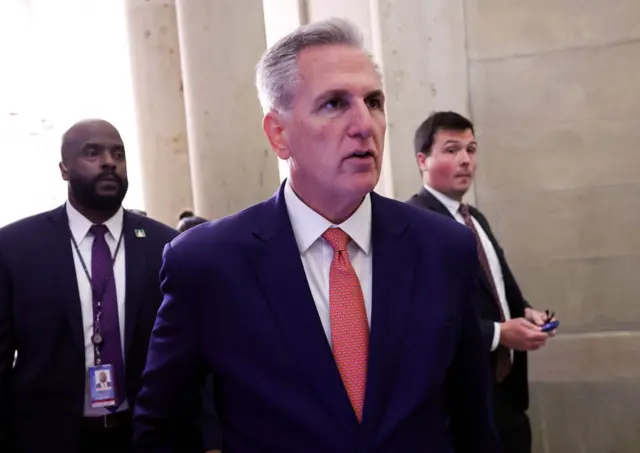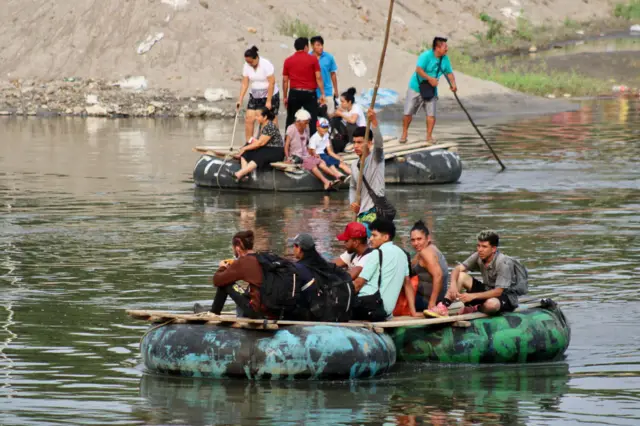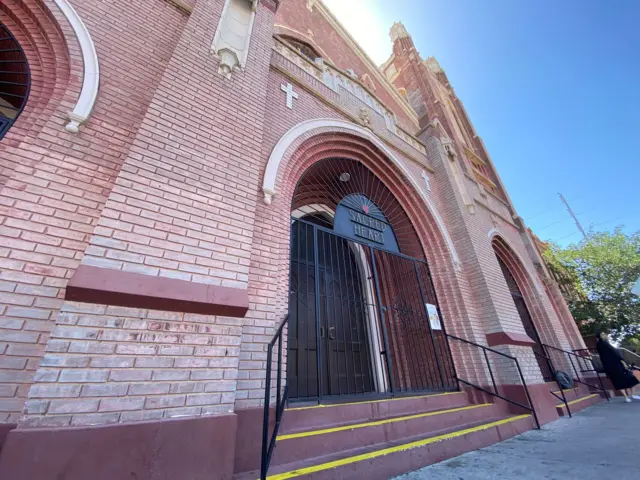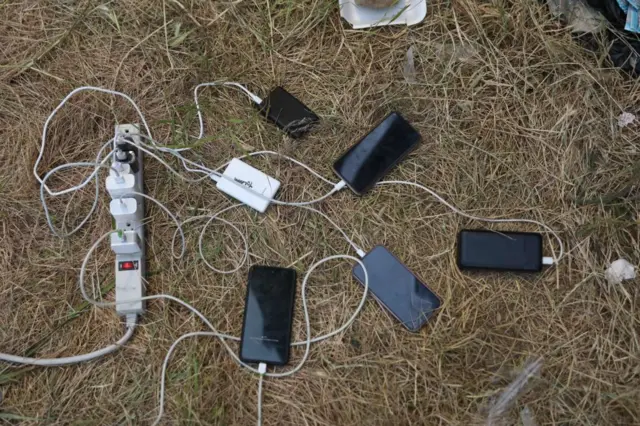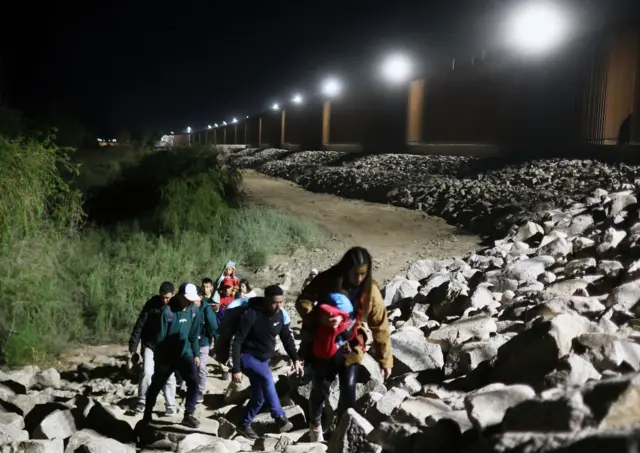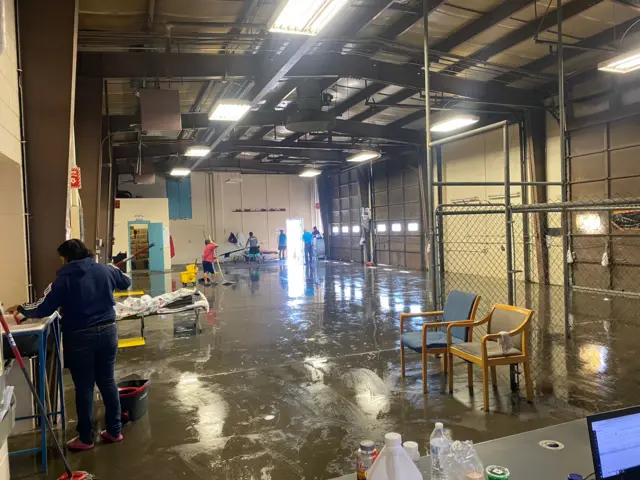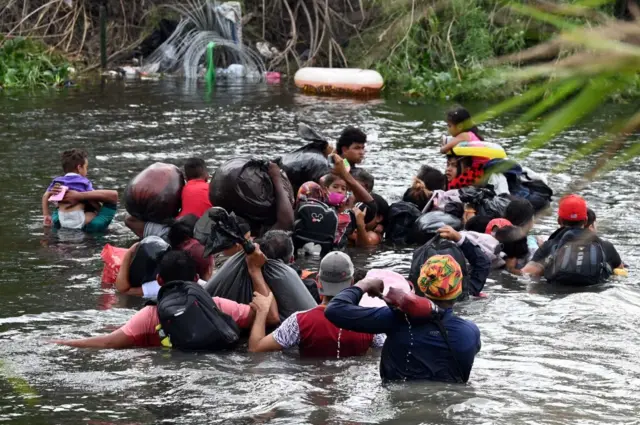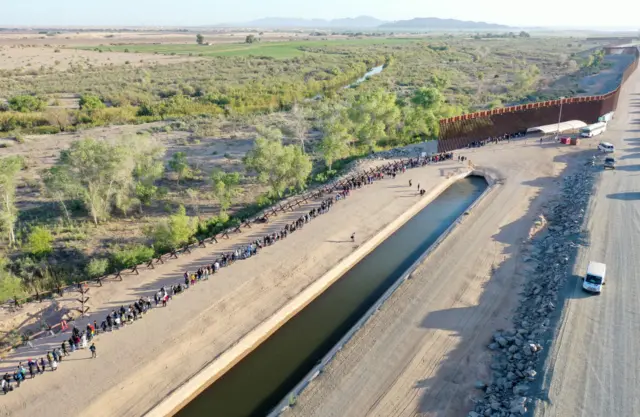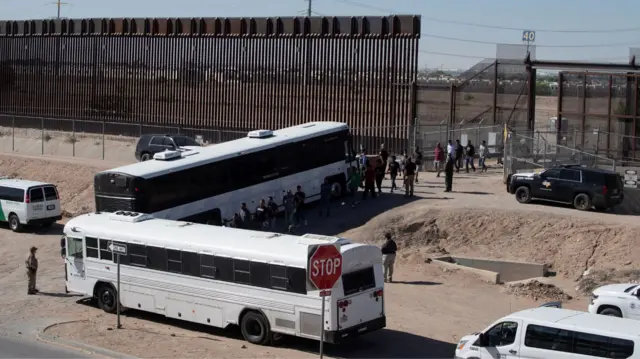We're ending our live coveragepublished at 22:06 BST 11 May 2023
 Marianna Brady
Marianna Brady
Live reporter
We're ending our live coverage for today.
In just a few hours, at midnight local time, Title 42 will cease to exist.
We will continue to monitor this story over the coming days and months as migrants flock to the US border.
You can catch up with more coverage here:
This live page included reporting from Bernd Debusmann Jr, Angélica Casas, Sam Granville, Sarah Smith, Will Grant, Kayla Epstein, Mike Wendling, and Madeline Halpert and was edited by Marianna Brady and Brandon Livesay.
